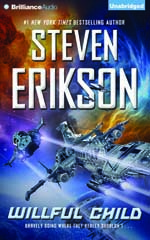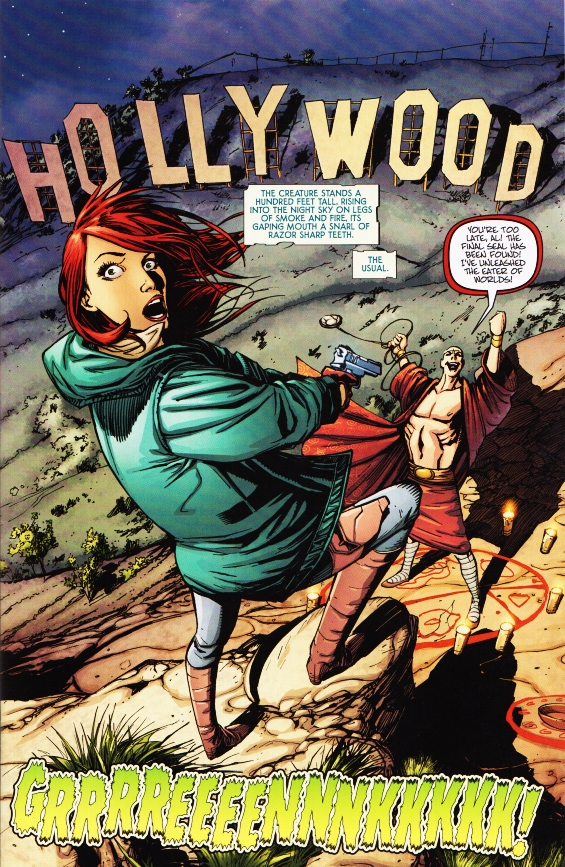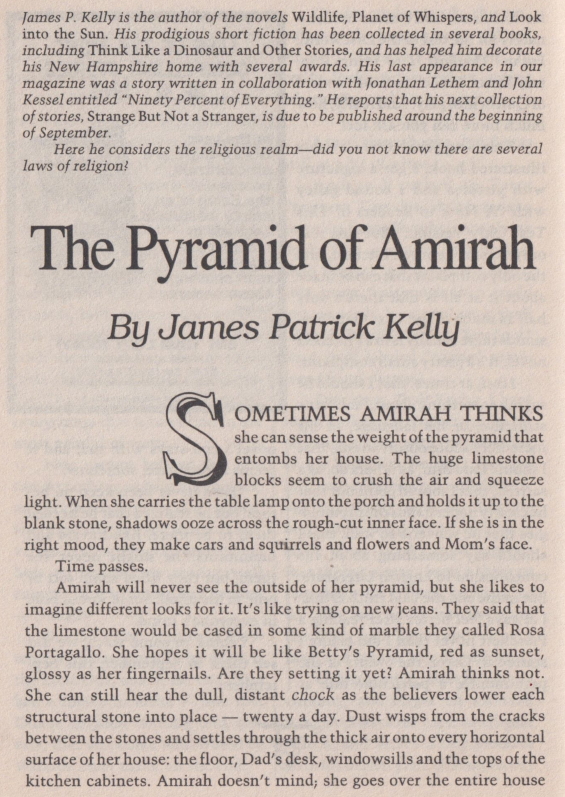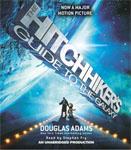
 Willful Child
Willful Child
By Steven Erikson; Read by MacLeod Andrews
Publisher: Brilliance Audio
[UNABRIDGED] – 9 hours
Themes: / science fiction / space / spoof / homage /
Publisher summary:
These are the voyages of the starship A.S.F. Willful Child. Its ongoing mission: to seek out strange new worlds on which to plant the Terran flag, to subjugate and if necessary obliterate new life-forms, to boldly blow the.…And so we join the not-terribly-bright but exceedingly cock-sure Captain Hadrian Sawback and his motley crew on board the Starship Willful Child for a series of devil-may-care, near-calamitous and downright chaotic adventures through ‘the infinite vastness of interstellar space.’The New York Times bestselling author of the acclaimed Malazan Book of the Fallen sequence has taken his lifelong passion for Star Trek and transformed it into a smart, inventive, and hugely entertaining spoof on the whole mankind-exploring-space-for-the-good-of-all-species-but-trashing-stuff-with-a-lot-of-high-tech-gadgets-along-the-way, overblown adventure. The result is an SF novel that deftly parodies the genre while also paying fond homage to it.
Willful Child by Steven Erikson tells the rambling adventures of Captain Hadrian Sawback and his crew after his appointment to the A.S.F. Willful Child. It’s a broad comedy Star Trek spoof that feels as episodic as the TV show with no bigger story arc to tie everything together. What begins as an often interrupted quest to bring an AI to her home system (a quest that turns out to be pointless as the AI neither learns nothing of her origins nor cares) becomes a haphazard rescue mission requested by the seemingly unrelated, quickly forgotten characters from the prologue. But in a book like this, the plot is obviously a vehicle for the antics of our heroic captain.
Hadrian Sawback, the recently assigned starship captain, is much like if Captain Kirk was played by Stan Smith from American Dad. While possessing all of lewdness of Captain Brannigan, he lacks his naivety and instead acts with reckless abandon and no thought as to the consequences of his actions. His crew, chosen from head shots, is either incompetent or disapproving. Like most of the secondary characters, they are underdeveloped and reactionary. One of the exceptions is the rather disgusting, mucus-y aliens who are the main villains of the story. While their body fluid-based comedy is not to my taste, they do have their own goals and help provide a sense of continuity. However, they do not provide much of a challenge to Sawback, who, to be fair, experiences little difficulty with anything.
The whole story relies heavily on science fiction tropes and gets more and more slapstick as it goes. Erikson is a good writer but your enjoyment of the book will be dependent on your sense of humor. If you enjoy excessive alien mating, awkward cross-dressing and frequent Star Trek parodies, this you’ll love this book. MacLeod Andrews does a wonderful job with the narration and manages to bring life to even the most minor characters. It’s a perfect light summer read.
Posted by Rose D.




 Attempting Normal
Attempting Normal







